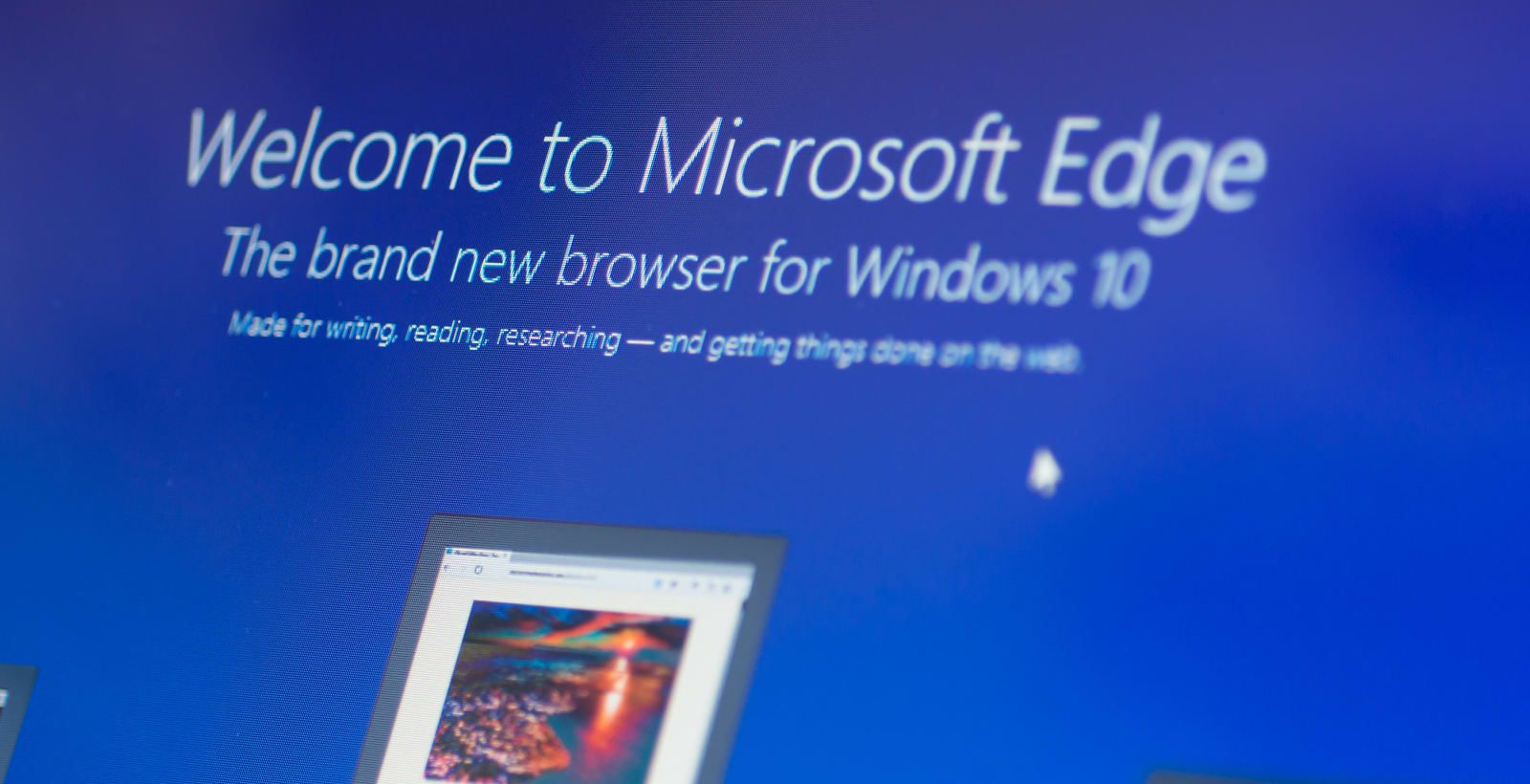 The World Wide Web Consortium might just be the United Nations of web development, as it's bringing together some frequent enemies to fight for a common cause through WebPlatform.org. The collaboration will see Adobe, Apple, Facebook, Google, HP, Microsoft, Mozilla, Nokia and Opera pool educational resources to create a comprehensive, frequently updated guide to creating HTML5 and other content for the open web. The companies' instructional oversight is just the start, however -- visitors will have chats and forums to devise their own solutions, and they'll even have a better than usual chance at influencing mid-development web standards. It may be some time before we'll see the first fruits of the organization's work, but we're already happy to see technology companies set aside some of their differences.
The World Wide Web Consortium might just be the United Nations of web development, as it's bringing together some frequent enemies to fight for a common cause through WebPlatform.org. The collaboration will see Adobe, Apple, Facebook, Google, HP, Microsoft, Mozilla, Nokia and Opera pool educational resources to create a comprehensive, frequently updated guide to creating HTML5 and other content for the open web. The companies' instructional oversight is just the start, however -- visitors will have chats and forums to devise their own solutions, and they'll even have a better than usual chance at influencing mid-development web standards. It may be some time before we'll see the first fruits of the organization's work, but we're already happy to see technology companies set aside some of their differences.
Continue reading W3C teams with Apple, Google, Mozilla on WebPlatform, a guide to building the open web (video)
Filed under: Internet, Apple, Microsoft, Nokia, Google, HP, Facebook
W3C teams with Apple, Google, Mozilla on WebPlatform, a guide to building the open web (video) originally appeared on Engadget on Tue, 09 Oct 2012 03:23:00 EDT. Please see our terms for use of feeds.
Permalink  9 to 5 Google
9 to 5 Google |
 WebPlatform.org
WebPlatform.org |
Email this |
Comments
 Web Authentication (aka WebAuthn) has been a de facto standard for no-password web sign-ins for a while given that many tech giants are already using it, but now it's official. The World Wide Web Consortium and the FIDO Alliance have finalized the W...
Web Authentication (aka WebAuthn) has been a de facto standard for no-password web sign-ins for a while given that many tech giants are already using it, but now it's official. The World Wide Web Consortium and the FIDO Alliance have finalized the W...
 Web Authentication (aka WebAuthn) has been a de facto standard for no-password web sign-ins for a while given that many tech giants are already using it, but now it's official. The World Wide Web Consortium and the FIDO Alliance have finalized the W...
Web Authentication (aka WebAuthn) has been a de facto standard for no-password web sign-ins for a while given that many tech giants are already using it, but now it's official. The World Wide Web Consortium and the FIDO Alliance have finalized the W...
 Tech companies have been trying to do away with web passwords for years, but now it looks like they've reached a key milestone. The FIDO Alliance and W3C have launched a Web Authentication standard that makes it easier to offer truly unique encrypti...
Tech companies have been trying to do away with web passwords for years, but now it looks like they've reached a key milestone. The FIDO Alliance and W3C have launched a Web Authentication standard that makes it easier to offer truly unique encrypti...
 Like it or not, the web is getting some built-in padlocks. The World Wide Web Consortium has decided to publish Encrypted Media Extensions, a standard for hooking copy protection into web-based streaming video, without making significant changes to...
Like it or not, the web is getting some built-in padlocks. The World Wide Web Consortium has decided to publish Encrypted Media Extensions, a standard for hooking copy protection into web-based streaming video, without making significant changes to...
 As Microsoft continues to nudge folks into trying its new Edge browser on Windows 10, its latest tease is the promise of better looking, more efficient video streaming. Just like Apple's Safari browser on OS X, it turns out that on Windows only Micro...
As Microsoft continues to nudge folks into trying its new Edge browser on Windows 10, its latest tease is the promise of better looking, more efficient video streaming. Just like Apple's Safari browser on OS X, it turns out that on Windows only Micro...





